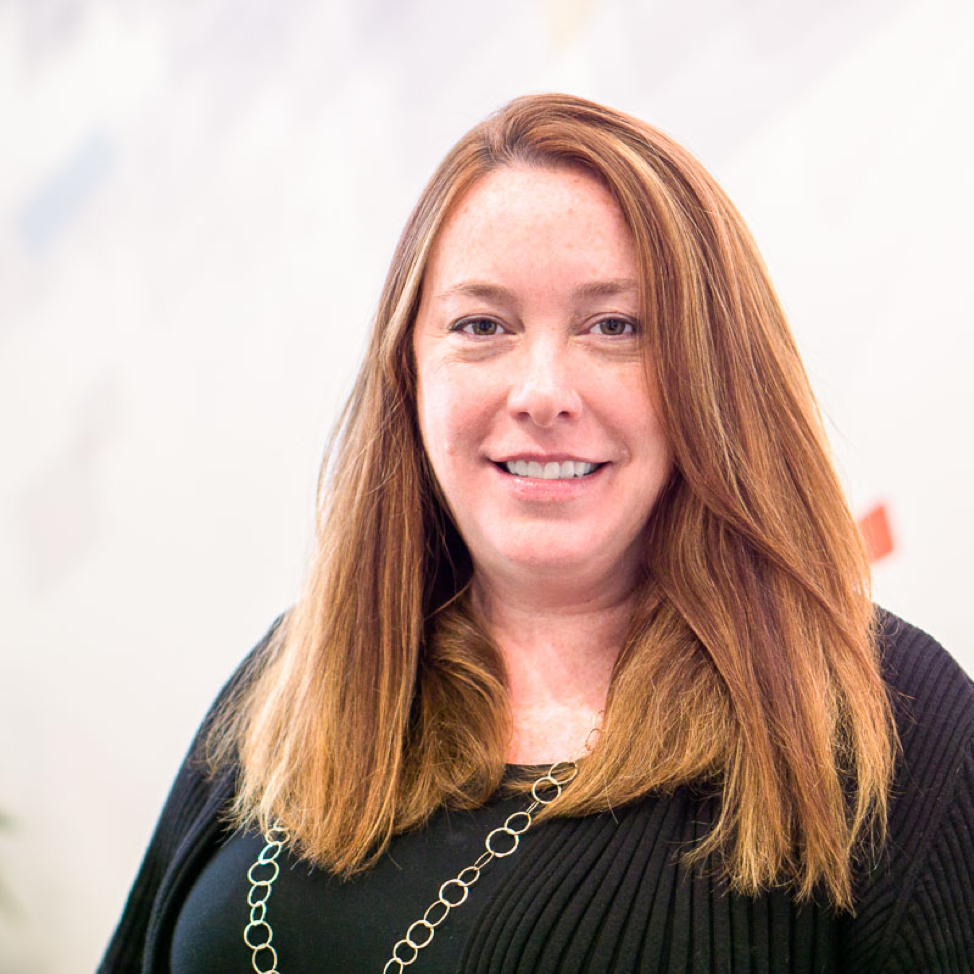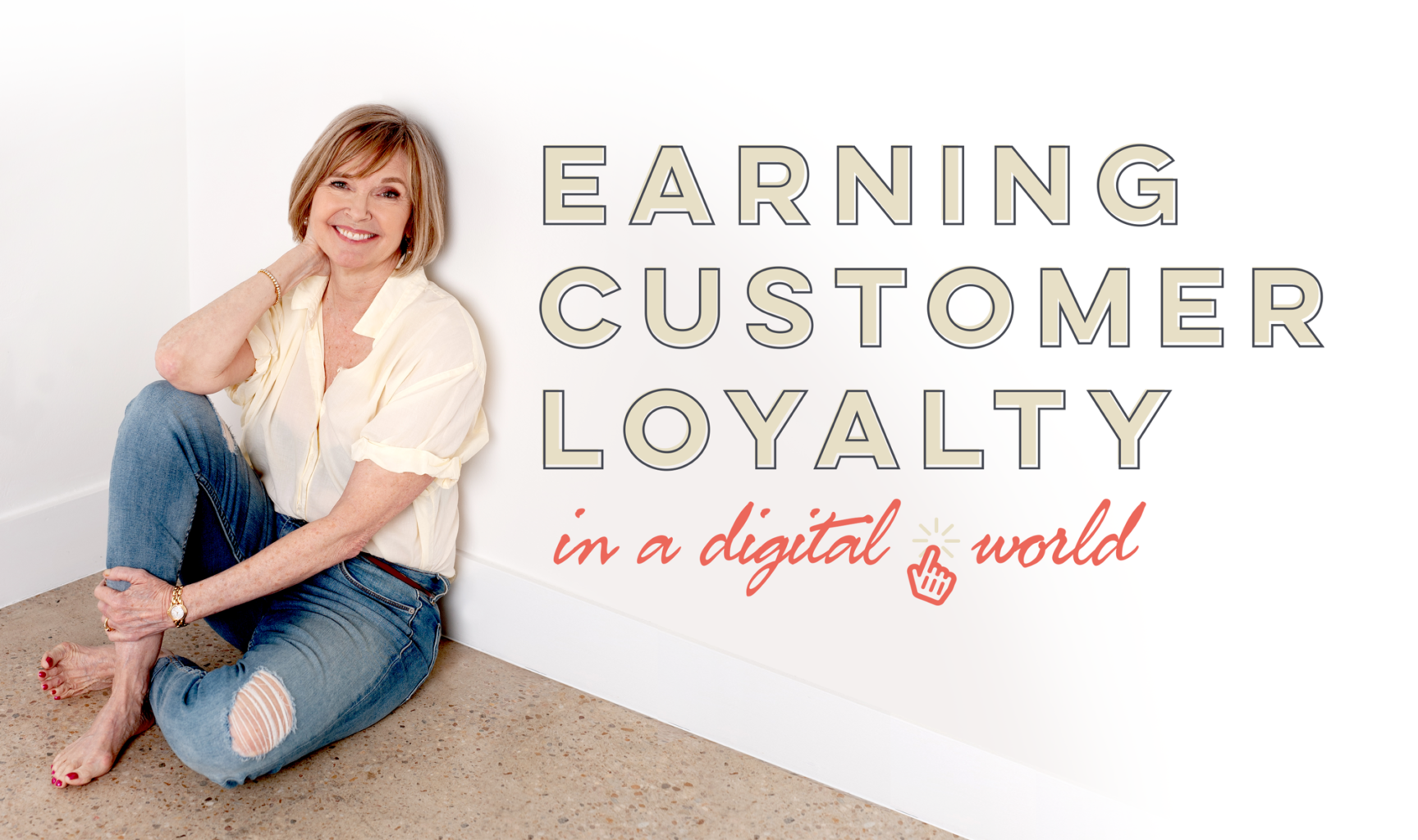
Purpose, Passion And Payoff
Peggy Watson joined WEX in 1998 and is currently Senior Vice President, Product & Marketing, Global Fleet. With 20 years of experience, Peggy has experienced first-hand how the fleet industry has transformed into what it is today. Peggy has seen the industry grow from an analog first, male-dominate field to one that is embracing new technologies and becoming more inclusive.
I had the opportunity to interview Watson recently. Here are the highlights of that interview:
Jill Griffin: Where did you grow up? Describe your early childhood and its significance on your life.
Peggy Watson: I grew up in Massachusetts, so I’m a New England girl. My parents are first-generation Americans; both sets of their parents emigrated over from Ireland. My parents are very hardworking—my mother in the home and my father as a Boston firefighter who also held down second and third jobs. They worked hard to provide for us and make sure we were comfortable. We didn’t need for anything, but we also didn’t get everything we wanted, so we learned the value of a dollar and what hard work can get you in life. I’ve always had an appreciation for that.
Griffin: When did you first get the whisper that you belonged in business?
Watson: Work has always been a large part of my identity and I think that was the case early on. My first “real paycheck” job was in high school when I worked for a fast-food pizza chain called Papa Gino’s. I started there as a server, as everyone does. From there you moved to table clearer, dishwasher, cashier, pizza pounder, pizza painter and finally shift manager. I was a pretty shy kid and this job helped build my confidence to be part of a team, master different tasks and then progress to the next level. Every time I achieved success it built more confidence and made me want more.
I actually loved it from the minute I started there. I loved being part of the buzz. I loved understanding the different parts of that store and how it fit into the larger chain. It gave me great energy. It was a pizza place, but I learned a great deal about the restaurant business over the years and built my confidence in more ways than I could have expected.
Griffin: Was there an early teacher who inspired you? Who and how?
Watson: There are a lot of people I’ve learned from in life. One I adored was a high school English teacher, Peter Nord. He was an amazing and passionate storyteller. He brought literature to life, not only talking about the author, the plot and the characters, but also how the book fit into the times it was written in a way that completely engaged the classroom. As I think about my career at WEX, I’ve learned that being able to paint a picture and tell a story is an important part of being successful, not just in product and marketing but generally in leadership.
Griffin: What’s a great piece of business or life advice you received, who gave it to you, and how has it enhanced your life?
Watson: I had a wonderful woman as a boss fairly early on in my marketing career, Julia. She was a masterful writer and editor and she recruited me for my strengths in database marketing, identifying target markets and finding ways to reach out to them in support of a new business journal she was launching. At one point, when she saw me struggling to try to provide the content, Julia said, “Why are you spending so much time writing? I could have done that in two hours. I need you to manage the production and delivery—that’s why I brought you on.”
The lights went on for me then. She taught me to understand my strengths and speak to those. She also taught me the importance of working with people who complete my weaknesses, so that I could focus on using my strengths. I firmly believe the more time you can spend in that intersection where your passions lie and where your aptitude is, the more fun you’re going to have and the more successful you’re going to be in your job.
Griffin: Please give me the top three bullet points in your personal leadership credo.
Watson: The first and foremost is integrity. Without it, you can’t build trust—with your customers, your employees or your peers. Any success you have, I believe, will be short-lived if you can’t operate with integrity. That’s a given.
I think the next one is context. People want to understand how they fit into the big picture and when they understand that- when they understand the why– the outcome is always going to be better. At WEX, I try to be really mindful of that when I’m working with my team or I’m asking something of peers. I don’t just make the ask or give an order but provide some context of what it is we’re trying to accomplish—and I’ve seen better results, more engagement and more support for where we’re trying to go.
Once you’ve created an environment of trust where people understand what it is you’re trying to do, you have to know your audience. If it’s your customer, what makes them tick? If it’s someone on your team, what motivates them? Once you understand that, you can make the connections you need to be successful.
Griffin: Describe a painful setback in your life and what it taught you.
Watson: I started at WEX in 1998 and held various roles over the years. I loved my job and got a lot of energy and satisfaction from it, but at one point after I had reached a director-level position, I had the opportunity to try something totally different. It was at a small catering business, and I was going to work with the owner to expand the business’s reach. I wasn’t sure it would be the right fit for me, but I told myself to be bold and take a chance. I thought it would allow me to combine my love of business with my love of cooking and entertaining. It turned out not to be the right fit at all.
I was thinking that I was leaving WEX to do something I was passionate about and had an aptitude for. I did have the aptitude, but I had misunderstood my passion. I have always enjoyed cooking and entertaining, but my joy comes from doing it for the people I love, and the job actually took me away from that. I ended up learning a lot from the experience, and as a result I have no regrets. My boss at WEX had encouraged me to return if the catering business didn’t work out, so I did and never looked back—except maybe to pull off a dinner party for 20 in two hours.
Griffin: What advice do you have for young, talented, ambitious women who want to rise?
Watson: Being genuine and having respect will allow you to build relationships that help everyone move forward together. Don’t expect to be treated differently from men, and if you are treated differently, don’t accept it. The way I was brought up, I never believed that I wouldn’t be able to get a role or go to the next level because I was a woman and I wouldn’t have stuck around anywhere I thought that was the case. I know at times it does happen, but you don’t want to go into a situation expecting that. You understand that you’re equals and that’s how you behave and carry yourself.
Griffin: Over your career, how has the fleet industry shifted to provide more opportunities for women? How has WEX?
Watson: In the fleet industry, we work very closely with fleet managers, fleet management companies, and with oil companies who are channel partners for us. I can certainly remember being in meetings or industry events and being very clearly in the minority in terms of the number of women in the room. But over the 20 years that I’ve been in the business, I’ve definitely seen more women at the table in what might have previously been considered a male-dominated industry.
And certainly, at WEX, we have a woman as CEO, many women in the executive ranks and a “Women at WEX” program that focuses on career development and leadership. There’s a really strong network of women who are leaders who want to continue to drive the growth here at WEX and share what they’ve learned as women coming up in the organization. So that support component of being an ambitious woman in business, that certainly exists here at WEX.



